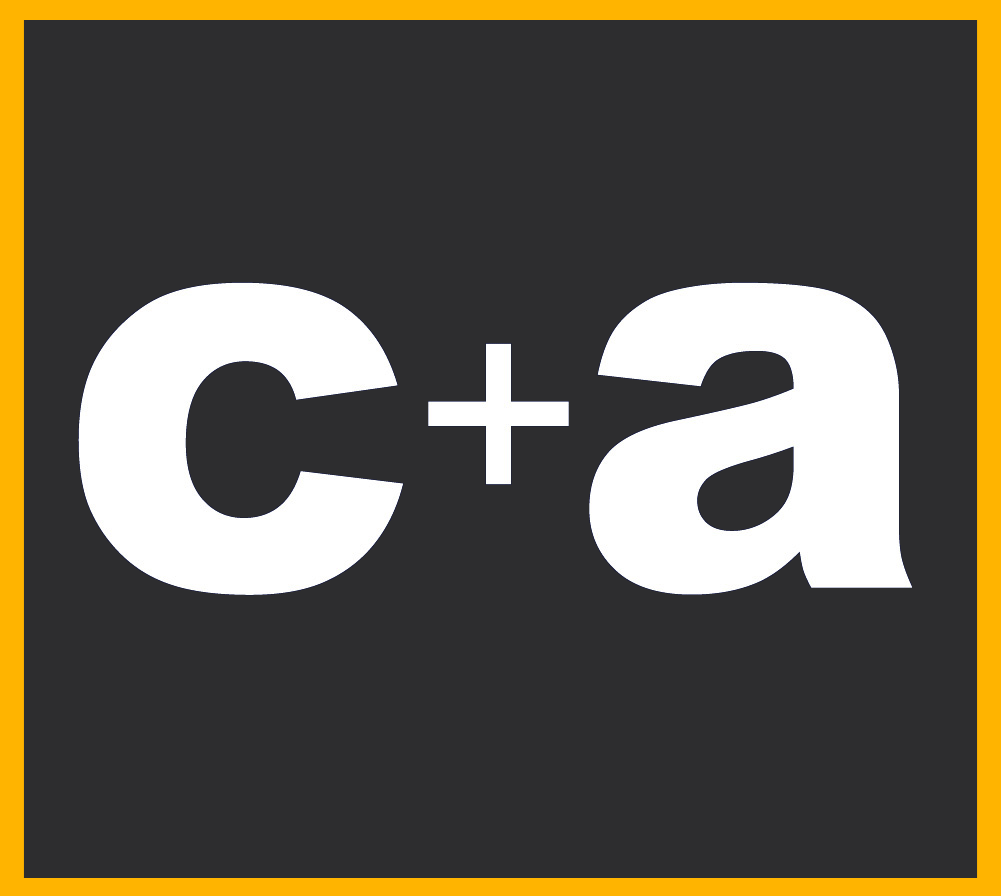The future is here and it’s calling
- curranrecruit
- May 27, 2014
- 3 min read
Remote job interviews conducted via phone mediums such as landlines, mobile and the ever popular Skype has become an increasingly used and accepted practice today. In this week’s blog post we explore the opportunities to using telephone interviewing for narrowing down your list of candidates without have to bring them on-site (or for situations where one can’t come on site).
Global organisations often prefer to conduct telephone interviews in the following situations:
When candidates have to travel a long distance and/or limited due to travel restrictions
Telecommuters – In Australia, if the job to be filled can be performed remotely, there may be no need to meet the candidate in person
Overseas Candidates/Cross borders/time differences – for example a lot of individuals in the Philippines work night shifts and it can be difficult to get candidates to come in person during the day if they are already working a job since they would use the day to rest. With the telephone interviewing, access to candidates are much broader as you can schedule for times that are more suitable to both the organisation and the candidate
Used for screening when there are a large number of candidates
When a large part of the job will involve talking to people via phone medium (help desk, care line etc.). They can also be especially common for sales-related jobs such as telesales where verbal communication skills are an utmost requirement
Advantages & Disadvantages
One of the main disadvantages for both parties is the lack of visual cues in between responses; even with video conferences it can sometimes be hard to gauge the other’s response. With video calls, online delays can also occur and can be quite frustrating during an interview process. Candidates can be at a disadvantage if connection is not ideal.
Another disadvantage is that with these types of interviews is it can be over with rather quickly, sometimes without all questions and answers completed effectively – so both parties need to be prepared.
The benefits of telephone interviews for the employer include:
Interview duration (ranging from 25 minutes to an hour or so) and less to none time expense for travelling to and from a meeting
Cost effective – the cost of a phone call, no travel expenses
Can enable shorter-notice interviews
Can enable managers to practice their verbal communication skills.
As a candidate, it can be easy to interview right from home and no travel arrangements are required. There is no last minute panic where the location of an interview is, particularly when it is hard to find.
A benefit for both the employer and the candidate is the fact that you don’t need to be in the same city or even the same country for that matter. Using Skype, interviewers and interviewees can talk in the same setting and with effectively no cost to either party.
It’s important to remember that interviews conducted via the phone or Skype are just as ‘real’ as interviews held face-to-face. The same rules apply for those involved and overall it isn’t all that much different from the traditional process – they should still be held in a quiet place, and research is still needed before an interview takes place. Telephone interviews can be a wonderful tool in the recruitment process, when used correctly it cannot only save time and money, but source your ideal candidate in a much wider market.
























Comentarios